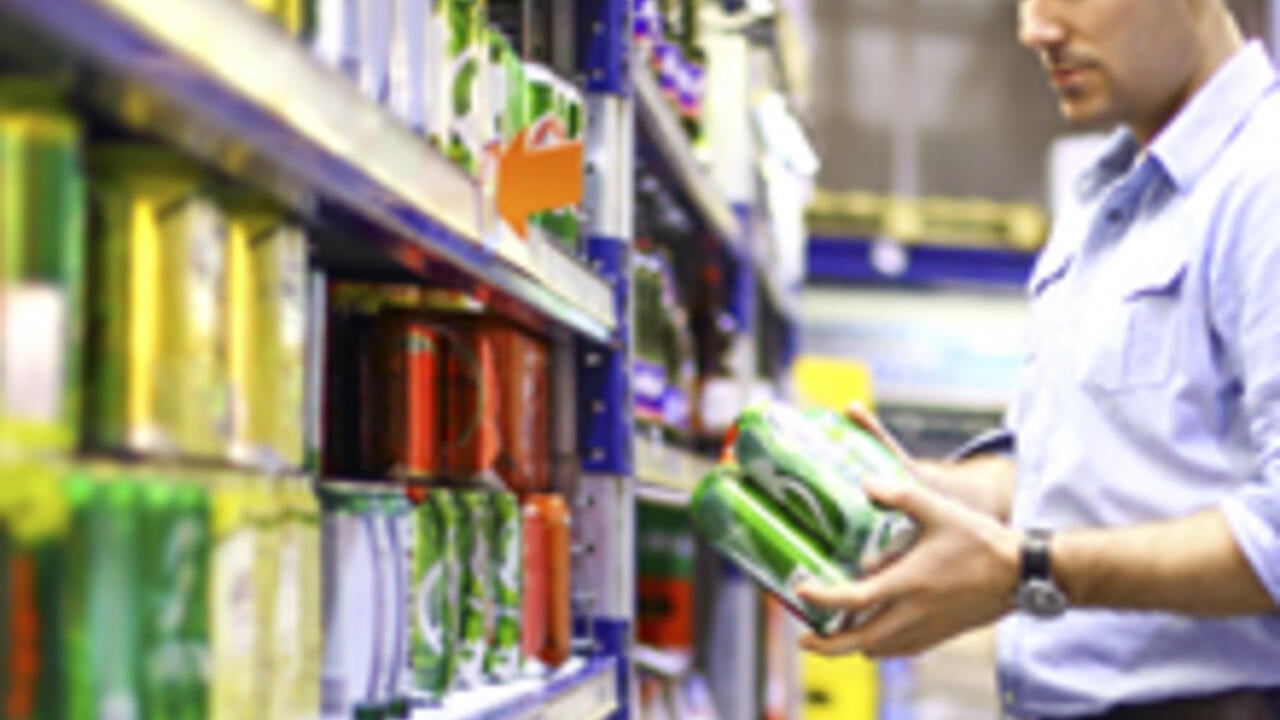
The economics of selling beer in Ontario
Grocery stores sales a first step to better competition, economics professor says

Grocery stores sales a first step to better competition, economics professor says
By Suzanne Bowness Marketing and Strategic CommunicationsJust in time for the holidays, the Ontario government has opened the door for consumers to buy beer at grocery stores.
It’s a big change for the Ontarians, but one that Anindya Sen, a professor of economics at the University of Waterloo, suggests doesn’t go far enough. Based on a recent study, Sen says convenience stores should also be allowed to sell beer, and grocery stores should sell more than just six packs.
 “If you have more competition, you have a better experience for consumers,” says Sen. “You have better service and lower prices.”
“If you have more competition, you have a better experience for consumers,” says Sen. “You have better service and lower prices.”
Commissioned by the C.D. Howe Institute, Sen’s study provides a comprehensive review of retail alcohol distribution in the province. It was released in 2014, after Premier Kathleen Wynne appointed a panel to review Ontario beer and liquor sales, among other issues.
The study, co-authored by economist Paul R. Masson, compares the situation in Ontario to neighbouring Quebec, where a decentralized distribution system has established a much more competitive environment.
Perhaps the biggest roadblock in Ontario, says Sen, is the fact The Beer Store, formed in 1927 as a co-op for small breweries, has become a private partnership between Belgian beer maker Anheuser-Busch InBev, the American Molson Coors Brewing Company, and Sleeman Breweries, now owned by Sapporo.
While the Liquor Control Board of Ontario (LCBO), which handles beer, wine and liquor sales in the provice, is a Crown corporation that filters money to the government, The Beer Store does not. It’s a situation that Sen says is unique in the world.
“It’s a severe opportunity cost for the government because although the government raises taxes through alcohol taxes, it’s losing out on a lot of revenue from beer,” Sen says. He says licensing would help generate more provincial revenue. “Let The Beer Store exist, but don’t give them the exclusive monopoly at the retail level. Let other companies like convenience stores into the market.”
Sen, whose initial research was funded by the Ontario Convenience Store Association, says opening the market to a wider range of retailers, allowing price variance, and removing the restriction that allows grocery stores to only sell six packs, would be logical next steps.
For now, he’ll be watching to analyze the results of the government’s first move.
“I think it’s a good first step but it’s far short of what should be the case,” says Sen. “I see no reason why we can’t have a Quebec model.”

Read more
To meet our AI ambitions, we’ll need to lean upon Canada’s unique strengths

Read more
New research from the University of Waterloo centres Haudenosaunee-led efforts in the repatriation and reclamation of cultural and intellectual property

Read more
Researchers awarded funding to investigate ecology, climate change, repatriation, health and well-being through cultural and historical lens
The University of Waterloo acknowledges that much of our work takes place on the traditional territory of the Neutral, Anishinaabeg, and Haudenosaunee peoples. Our main campus is situated on the Haldimand Tract, the land granted to the Six Nations that includes six miles on each side of the Grand River. Our active work toward reconciliation takes place across our campuses through research, learning, teaching, and community building, and is co-ordinated within the Office of Indigenous Relations.